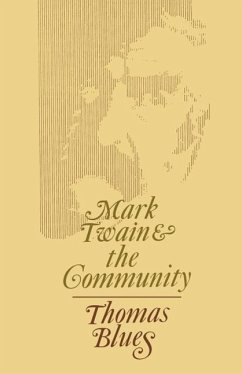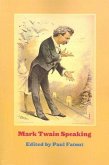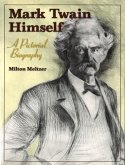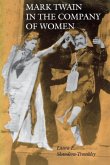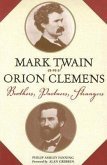Throughout his career Mark Twain viewed the relations between the individual and his community with mixed feelings, and this book explores both the ambiguities of Twain's attitude and their effect upon his fiction. In the earlier novels - most notably The Adventures of Tom Sawyer and Huckleberry Finn - the protagonist enjoys a dual position - at liberty to follow his own inclinations while retaining his conventional place as a respected member of the community - and the resolutions of these works are built upon this duality. Facing realities which the earlier fiction evaded, Twain in A Connecticut Yankee in King Arthur's Court found himself in a dilemma that he was unable to resolve: the community was no longer seen as a moral refuge and, most importantly, the individual was no longer seen as superior to the community standards against which he revolted. Thomas Blues contends that Twain's failure to reconcile this opposition largely accounts for the bitter, cynical fiction at the close of his career, and through use of the individual-community relationship he offers here fresh interpretations of Twain's most widely read novels.

